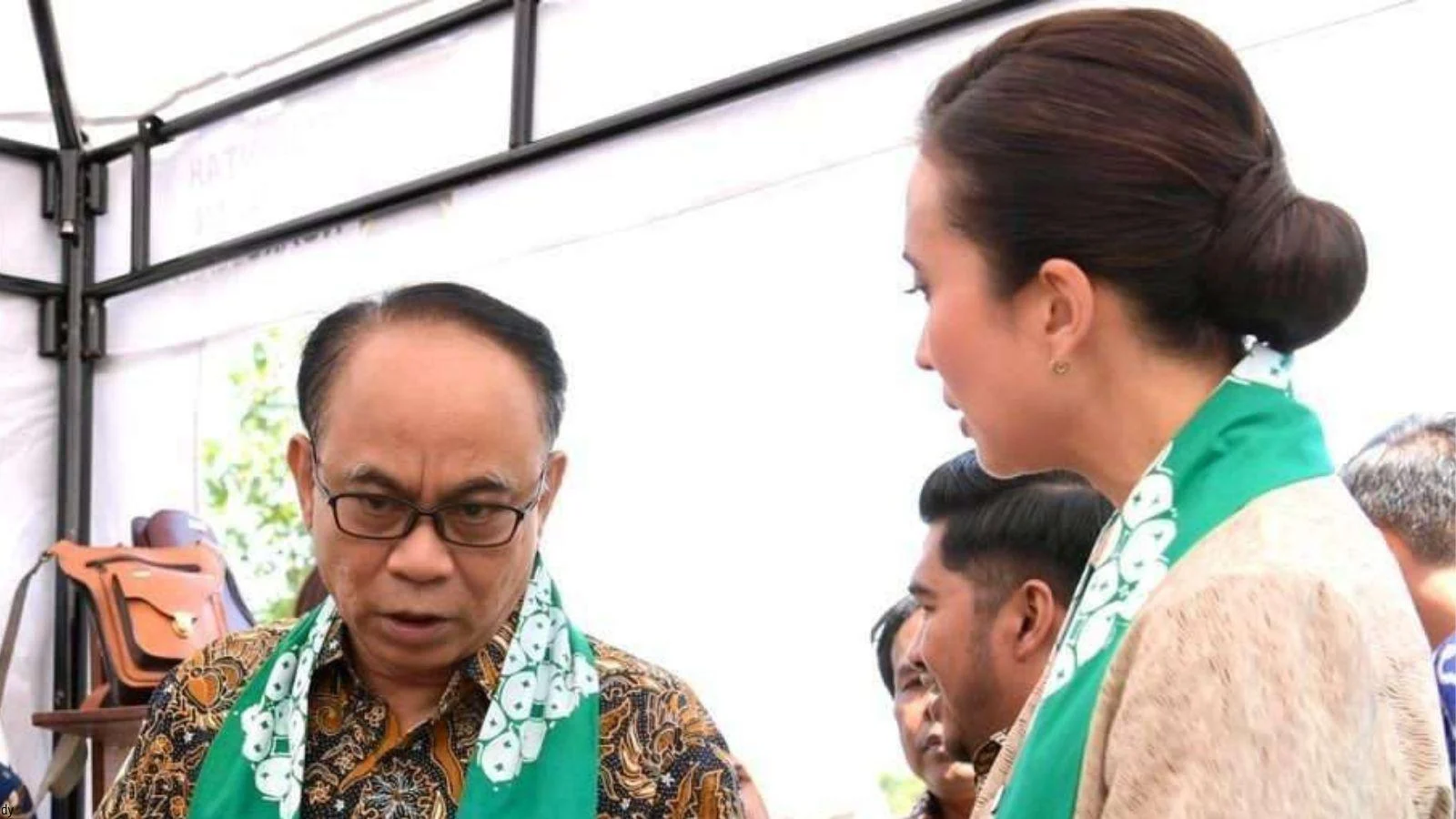Introduction to Indonesia’s Tourism Strategies
Indonesia is making significant strides in enhancing its tourism landscape through community-focused initiatives and data-driven approaches, aimed at fostering sustainable growth in the sector. Under the leadership of Minister Wardhana, the focus remains on empowering local communities to play a central role in tourism development.
Strengthening Local Tourism through Cooperatives
At the forefront of Indonesia’s tourism revival is a groundbreaking collaboration between the Ministry of Tourism and the Ministry of Cooperatives. The recent memorandum of understanding (MoU) signed on May 9, 2025, in Yogyakarta, aims to establish the Merah Putih Village Cooperatives. This initiative is set to empower over 6,000 rural tourism villages across the nation, promoting local tourism operations and community-driven efforts.
The pilot program will commence with 17 commendable tourism villages, setting a benchmark for hundreds more that express readiness through the Tourism Awareness Campaign. Minister Wardhana elucidated that the cooperative model will not only enhance tourism governance but also synergize with local sectors like agriculture and livestock, promoting a holistic approach to community development.
Diplomatic Efforts to Elevate Indonesia’s Tourism Standing
Indonesia is keen on reinforcing its status as a leading tourism destination in the region by actively engaging in high-level diplomatic dialogues. Minister Wardhana’s attendance at the 37th Joint Session of the UN Tourism Commission for East Asia and the Pacific showcases the nation’s proactive involvement in shaping sustainable tourism future.
During this gathering, Wardhana met with international stakeholders, including the UN Tourism Secretary-General, to discuss recovery strategies and opportunities for cross-border collaboration in tourism. Such discussions are crucial, especially in navigating the evolving tourism landscape.
Niche Tourism: Focusing on Areas of Strength
Part of Indonesia’s strategy also revolves around developing niche tourism segments like gastronomic tourism, wellness travel, and MICE (meetings, incentives, conventions, and exhibitions). These focused initiatives seek to diversify Indonesia’s tourism offerings and attract a wider audience.
Moreover, the ministry aims to expand the tourism village initiatives, which will enable local communities to benefit directly from diversifying tourism products across the country.
Data-Driven Insights for Effective Policy Making
The recent MoU between the Ministry of Tourism and the Central Statistics Agency marks an essential step towards informed policy-making rooted in reliable data. Minister Wardhana highlighted the necessity for accurate data as an essential foundation for developing effective strategies, thereby enhancing national tourism competitiveness.
BPS Head Amalia Adininggar Widyasanti expressed confidence in providing comprehensive tourism-related data, paving the way for more strategic decision-making. By leveraging data analytics, Indonesia can address tourism’s evolving challenges effectively.
A Vision for the Future: Scaling Tourist Arrivals
As tourism begins to rebound post-pandemic, Indonesia is targeting approximately 6.5 million international tourists in Bali alone by 2025, with a national goal of exceeding 14 million arrivals. These ambitions, while lofty, seem increasingly attainable through ongoing efforts and the collective drive towards a sustainable tourism model.
Implications for the Global Tourism Landscape
John Doe, an industry analyst, noted that Indonesia’s dual strategy of enhancing community involvement and strengthening international collaborations positions it as a model for other emerging destinations. As it navigates its post-pandemic recovery, Indonesia could inspire various regions to adopt similar multifaceted approaches that focus on local empowerment and sustainable practices.
Conclusion on Indonesia’s Tourism Innovations
Indonesia is not only revitalizing its approach to tourism by empowering local communities but also establishing frameworks that seamlessly integrate data-driven decision making. This combination serves as a beacon of hope for the future of travel in Indonesia, facilitating a balance between development and sustainability.
In summary, while Indonesia’s strategic moves towards supporting local communities and fostering international collaborations are commendable, they highlight the importance of personalized travel experiences. This is where platforms like GetTransfer.com play a vital role, offering travelers convenient options, extensive vehicle choices, and unmatched transparency in booking transfers. Take advantage of the robust and user-friendly platform for your next trip, and enjoy a seamless travel experience tailored to your needs. Book your ride with GetTransfer.com 今日

 観光業再生に向けたインドネシアの革新的ステップ">
観光業再生に向けたインドネシアの革新的ステップ">
コメント